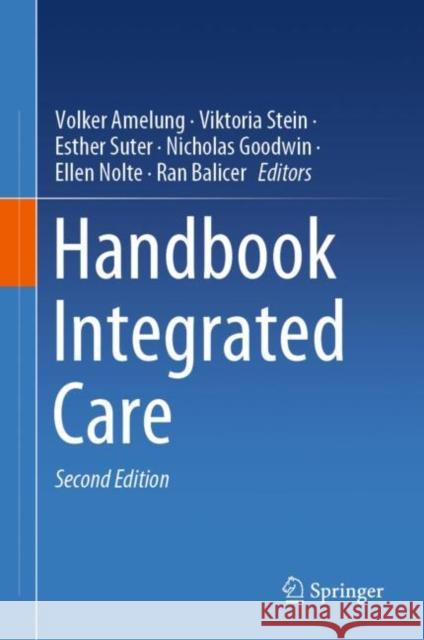topmenu
Wyniki wyszukiwania:
wyszukanych pozycji: 2
 |
What Life is All About: Why God Allows Suffering
ISBN: 9781962402224 / Angielski Termin realizacji zamówienia: ok. 16-18 dni roboczych. |
cena:
73,03 |
 |
Handbook Integrated Care
ISBN: 9783030692612 / Angielski / Twarda / 2021 / 1212 str. Termin realizacji zamówienia: ok. 16-18 dni roboczych. |
cena:
1207,67 |










